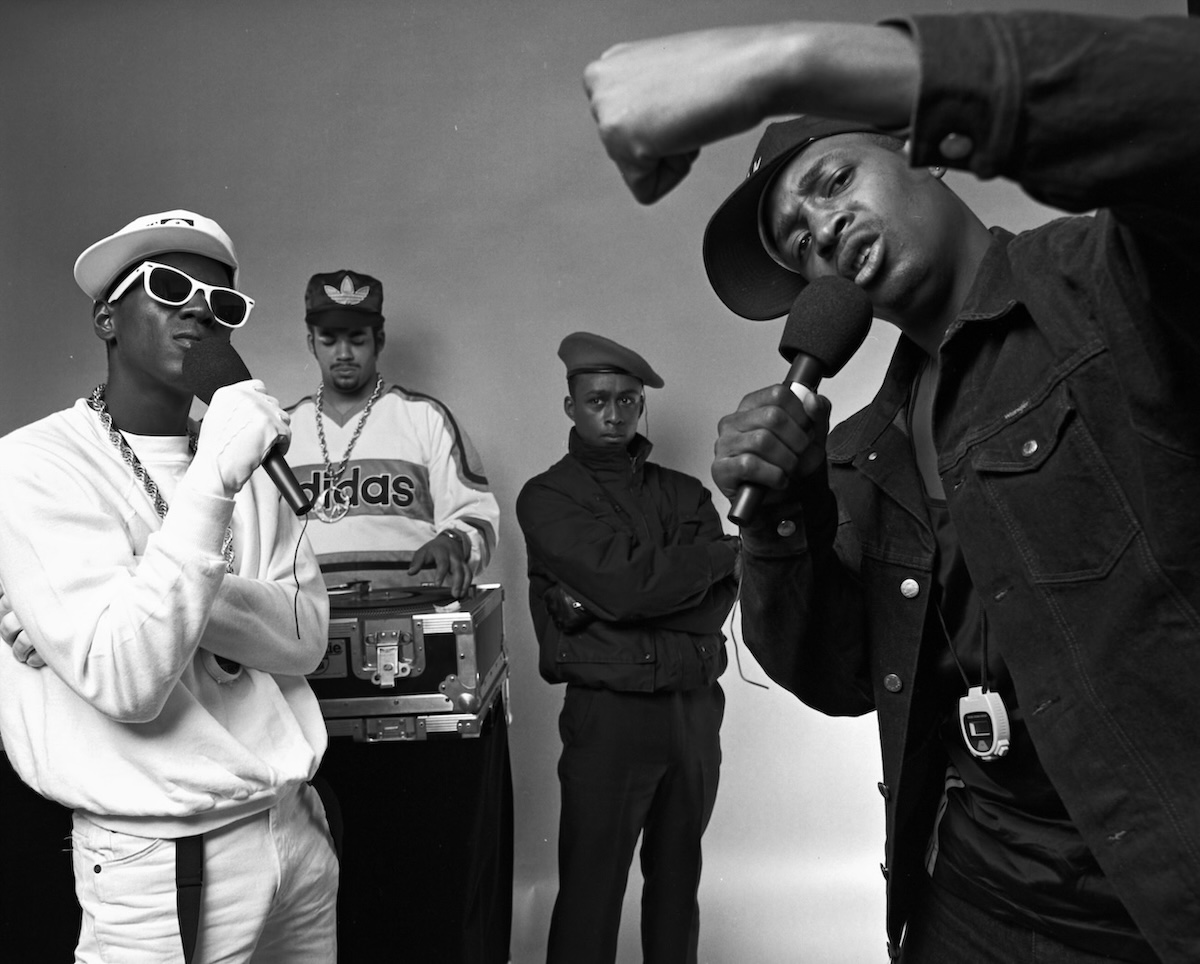
Each week, SPIN digs into the catalogs of great artists and highlights songs you might not know for our Deep Cut Friday series.
Composer and arranger Boris “Lalo” Schifrin died in June at the age of 93, leaving behind a remarkable body of work. Schifrin was born in Argentina, studied music at a conservatory in Paris, and began working with American jazz musicians like Dizzy Gillespie in the 1950s. In 1963, he signed a contract with Metro-Goldwyn-Meyer and began composing and arranging dozens of film scores, from Bullitt and Dirty Harry to Enter the Dragon and the Rush Hour series. But Schifrin is best known for his theme music for “Mission: Impossible,” which continued to appear in the many blockbuster films based on the TV series.
More from Spin:
- 5 Albums I Can’t Live Without: Will Anderson
- Primus Parties At L.A. Show With Tool Members, Matt Stone
- Jeff Buckley’s Legacy Lives On
The concept of “spy music” in popular culture is primarily based on the moody sounds of Schifrin’s “Mission: Impossible” scores and Monty Norman’s theme music for the James Bond films. Schifrin followed up his 1967 Music from Mission: Impossible album with a sequel, 1969’s More Mission: Impossible. And the foreboding noir of the latter LP’s “Danube Incident” was sampled for one of the definitive songs of the trip hop genre, “Sour Times” from Portishead’s 1994 debut. SPIN ranked “Sour Times” as the second best single of 1995 behind Moby’s “Feeling So Real.”
The haunting cascade of notes at the center of both “Danube Incident” and “Sour Times” was played on a Hungarian dulcimer, known as a cimbalom, a classic example of the kind of unique instrumentation Schifrin often incorporated into his scores. And just as Portishead and other British trip hop groups were influenced by the sonic innovations of hip-hop, American rap producers in turn took inspiration from trip hop. In the wake of “Sour Times,” “Danube Incident” has been sampled on over a dozen hip-hop tracks, including “Prowl” from the Brooklyn duo Heltah Skeltah’s classic 1996 album Nocturnal.
Three more essential Lalo Schifrin deep album cuts:
“Versailles Promenade”
Schifrin’s 1966 release for the British label Decca had the memorably lengthy title The Dissection and Reconstruction of Music From the Past as Performed By the Inmates of Lalo Schifrin’s Demented Ensemble as a Tribute to the Memory of the Marquis De Sade. Schifrin’s keyboard playing wasn’t always prominently featured in his orchestral ensembles, but his harpsichord takes center stage on “Versailles Promenade.”
“Egg Eating Contest”
For Cool Hand Luke, a 1967 prison drama set in Florida, Schifrin added fiddles, banjos, and tack piano to his arsenal of instruments for some rustic southern flavor. The Cool Hand Luke score earned Schifrin the first of his six Academy Award nominations, but he never won a competitive Oscar, receiving an Academy Honorary Award in recognition of his entire career in 2018.
“The Girl Who Came in With the Tide”
The “Mission: Impossible” theme is rivaled by the Dave Brubeck Quartet’s “Take Five” as perhaps the most famous piece of popular music in the tricky 5/4 signature. Schifrin continued to experiment with unusual meters in his scores, including this jaunty track in 5/4 from the CBS detective series “Mannix.”
To see our running list of the top 100 greatest rock stars of all time, click here.






